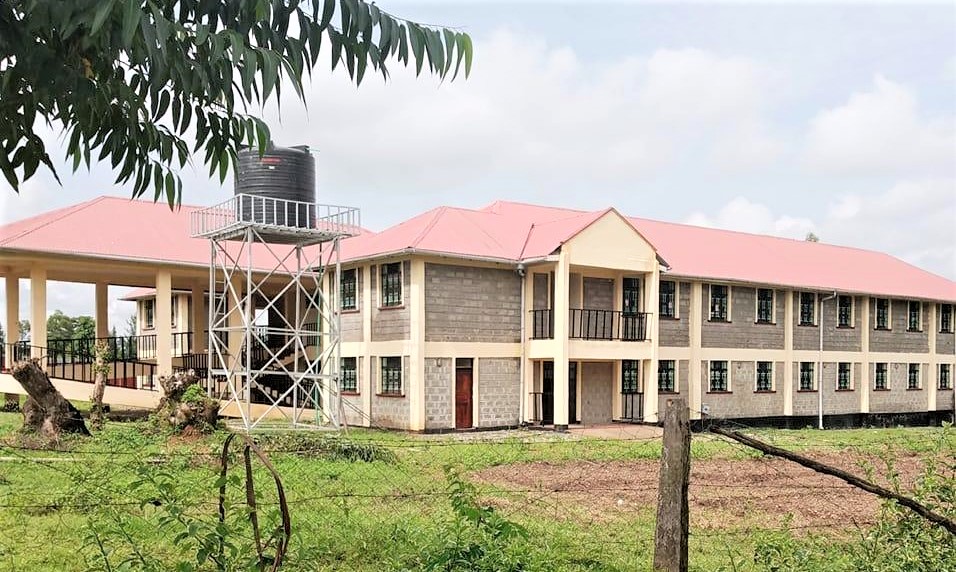By Roy Hezron
Kenya Accountants and Secretaries National Examinations Board (KASNEB) has introduced a new examination syllabus which has increased the current sitting of examinations to three.
The revised syllabus has also focused more on skills and competencies to enable its graduates get ready for the market under the new dispensation.
Speaking during the launch of the revised examination syllabus, National Treasury Principal Secretary Dr Julius Muia said the revised syllabus comes at a moment when the country is adopting competence based education and training system and has placed emphasis on digital literacy through focus on emerging technologies.
“The new syllabus has also introduced practical papers on data analytics to prepare the candidate for the real life scenario where big data and analytics are the new norm,” noted Muia.
He observes that the syllabus has also adopted new modes of assessment including workshops to enable candidates interact with industry players, develop critical soft skills and appreciate emerging technologies.
The syllabus has also fostered partnerships with other agencies through facilitating forums for students to appreciate ethics and good values.
Its partnership with professional institutes is meant to create student membership categories in the professional institutes and to facilitate mentorship opportunities and internships.
Kasneb has rolled out training webinars for students in partnership with training institutions and launched the Kasneb foundation to assist needy students wishing to pursue Kasneb qualifications.
“Following wide consultations with a cross section of stakeholders both in the public and private sectors, Kasneb has introduced new qualifications to address the current gaps in the job markets,” said Muia.
The new syllabus is a competence-based one that will help to produce all-round candidates compared to the older curriculum which was more knowledge-based.
The previous syllabus lacked soft skilled programmes like entrepreneurship and innovation, and Information and Communication Technology (ICT) which have been captured in the revised syllabus.
Other new products introduced in the revised examination syllabus include Certified Forensic Fraud Examiner (post-professional specialisation course) and Diploma programmes in ICT and revamped Certified Information Systems Solutions Expert (CISSE).
Kasneb has also reviewed its policies to ensure smooth implementation of the syllabuses. Key among them is the administration of examinations over three sittings in a year notably in May, August and December, up from the previous two sittings.
Others include the removal of maximum credit retention period, removal of sections in professional examinations which limited candidates’ choices in selection of papers to sit,
staggering of exemption fees to reflect the level that a candidate is in instead of bulk payment for all exemptions and grant of 25 per cent discount on registration fees to candidates with disabilities.
Dr Nancy Muriuki, the board chairperson assured their students that they have put in place adequate transition protocols to ensure a smooth shift from the current syllabus to the revised syllabuses.
The revised syllabuses for the existing products will be administered in the December 2021 sitting, while examinations for the newly introduced qualifications will be administered from the April 2022 sitting.
The examination board is planning to roll-out computer based examinations in the December 2021 sitting starting with Certificate in Accounting and Management Skills (CAMS) qualification and acquisition of an Enterprise Resource Planning (ERP) system to enhance operational efficiency in improving customer service.
The new syllabus went through various processes before its launch, starting with collection of secondary data through desk top surveys and other methods to inform the examination board on the latest developments, market gaps and upcoming issues of relevance to the review process as well as projections on what the future skills of our graduates will be like.
Thereafter, the examination body organized regional workshops in various parts of the country to interact with its stakeholders, obtain their views and get their buy-in into the process.
The examination body also undertook some study visits to a few select global examination bodies of relevance to its operations and obtained further insights on the key competencies required of professionals of today and tomorrow.
The engagements with stakeholders and the information obtained from the study visits and other initiatives formed a strong foundation for the development of competence frameworks, which were validated by stakeholders in July 2020.
The competence frameworks formed the basis for the development of occupational standards and detailed syllabuses by subject matter experts, which were also reviewed in May 2021.
The subject matter experts were selected competitively from leading practitioners, academicians and other industry players.






